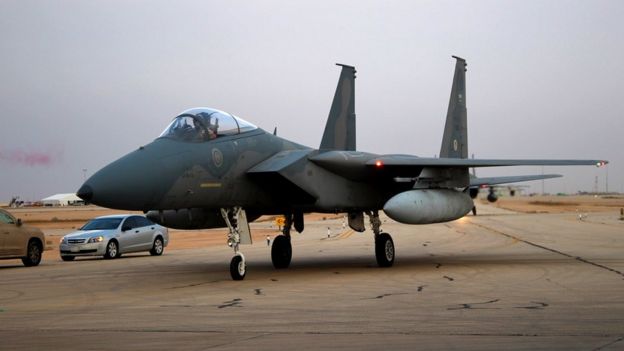رد: التدريب المشترك "رعد الشمال"
اعتقد ان اولى ثمراااااااااااااااااااااات رعد الشمال هو
الانسحاب الروسي من سوريا
من سوريا
حسب علمي السياسي
اعتقد ان اولى ثمراااااااااااااااااااااات رعد الشمال هو
الانسحاب الروسي
 من سوريا
من سورياحسب علمي السياسي



Comment